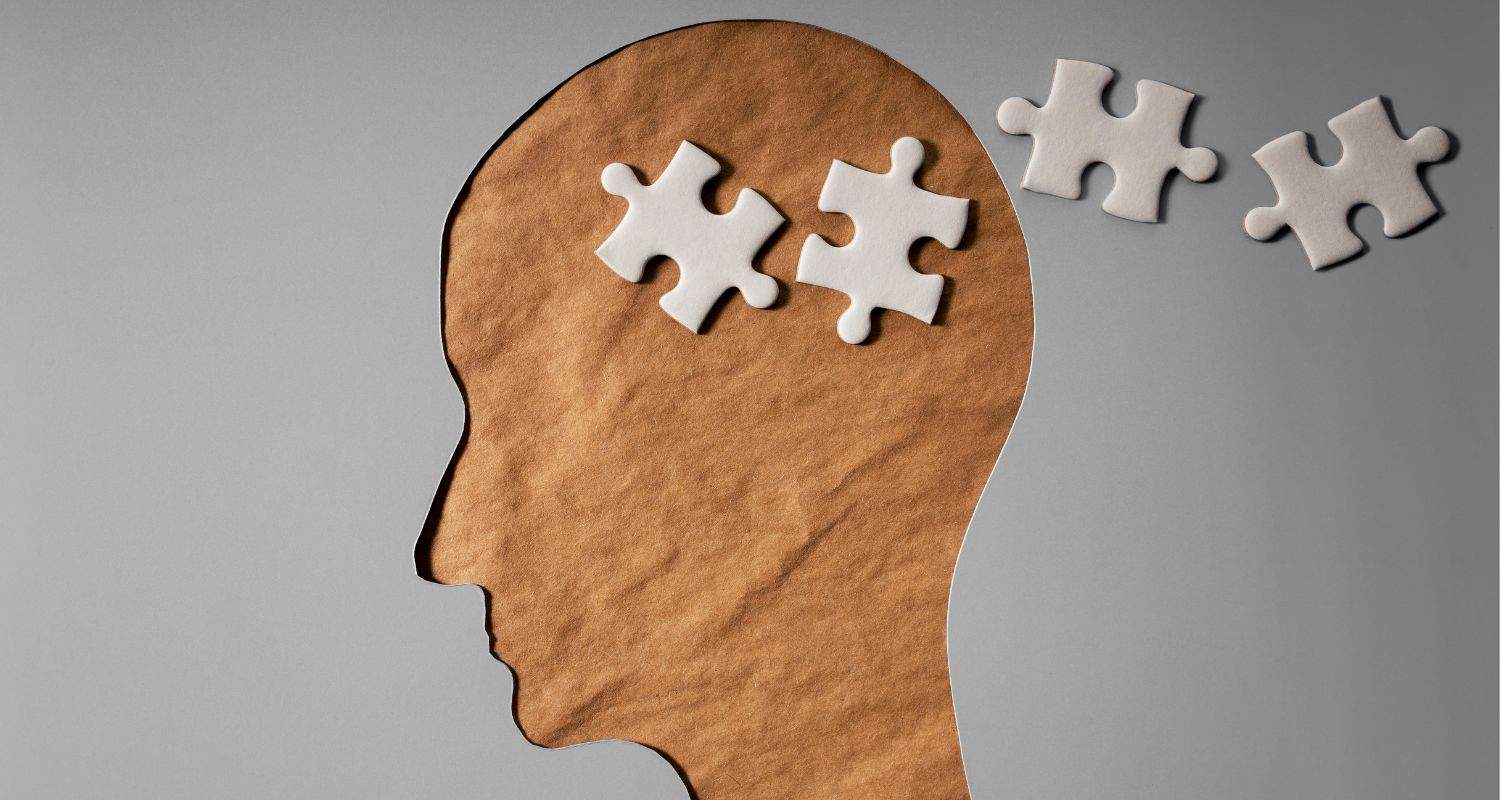
- Tips for Veterans Dealing With Hearing Loss - April 25, 2024
- How to Properly Clean Your Hearing Aids - April 15, 2024
- How to Handle Ear Infections With Hearing Aids - April 5, 2024
Have you been struggling to remember small details more and more often? As we age this is rather normal, however, if this seems to be chronic it could point towards the early stages of dementia. Dementia is a grouping of neurodegenerative conditions which affects two or more cognitive functions, such as social behavior, memory, or the ability to follow a sequence of directions such as a recipe. Over time your memories and sense of self become confused and muddled making this condition not only devastating for the person affected but loved ones left to provide around the clock care. There are several risk factors which contribute to dementia. Some of these cannot be modified such as family history and being over the age of 60. However, there are many other factors which can be changed. This includes the basics of good health such as staying active and eating healthy. However, one of the less obvious factors is hearing loss.
A 91% Increased Risk!
A 2022 study from the University of Oxford, found that untreated hearing loss is associated with a 91 percent increased risk of dementia. “A major component of hearing impairment is difficulty hearing speech in noisy environments (speech-in-noise hearing impairment),” the researchers explains.
The study collected their research from a very large cohort based off of information from the UK Biobank, and included over 82,000 people, 60 and older. At the start of the study their hearing ability was measured by several factors including being asked to identify spoken numbers against a background of white noise. Based on results the participants were grouped into three catagories:
- Normal hearing
- Insufficient hearing
- Poor speech-in-noise hearing.
After 11 years, the researchers followed up and found that 1,285 participants were identified as developing dementia based on hospital inpatient and death register records.
The Study’s Results in Numbers
Based on the finding the researchers compared who had developed dementia based on their grouping around hearing ability. Those with insufficient hearing were associated with a 61 percent increased risk of developing dementia compared to normal speech-in-noise hearing, while those with poor speech-in-noise hearing were associated with a 91 percent increased risk of developing dementia compared to normal speech-in-noise hearing.
What is the Connection Between Speech in Noise Hearing and Dementia?
There are several theories as to why the risk of dementia is connected to hearing deficits:
Social Impact of Hearing Loss: One of the most common is the overlapping risk of an inactive social life. Humans are social creatures, and we not only collect emotional support and confidence by social interactions but it keeps our brain spry and sharp. When we struggle to hear it can be incredibly frustrating as you struggle to hear speech all day long, everywhere you go. Social interactions begin to be a point of stress, even for those who previously enjoyed social interaction. Over time those with untreated hearing loss will skip over social situations, finding themselves socially overwhelmed. However, this lack of socialization not only leads to a higher risk of dementia, but makes individuals less likely to stay active, take care of each of themselves and make healthy choices.
Sensory Deprivation: As sounds are lost due to hearing loss our brain over time starts to realize it has no need for the brain cells previously devoted to those tones and pitches. Cognitive functioning is either rerouted to other areas of the brain or cells start to die leading to brain atrophy. Because dementia is the death of brain cells and tissue, brain atrophy is a major risk to increase the likeliness of dementia.
The Global Impact of Dementia
There is currently no cure for dementia. It is estimated that worldwide, dementia affects 24·3 million people, with 4·6 million new cases of dementia every year and one new case every 7 seconds! By 2040, it’s estimated that the rate will double every 20 years affecting 81·1 million. Senior author of the study, Dr. Thomas Littlejohns commented that: “Dementia affects millions of individuals worldwide, with the number of cases projected to treble in the next few decades. However, there is growing evidence that developing dementia is not inevitable and that the risk could be reduced by treating pre-existing conditions. While preliminary, these results suggest speech-in-noise hearing impairment could represent a promising target for dementia prevention.”
Addressing a Hearing Loss
If you suspect you are at risk for hearing loss, it’s a very good idea to get test regularly. Schedule your next hearing exam today and join the fight against rising rates of world dementia. It starts with you!
